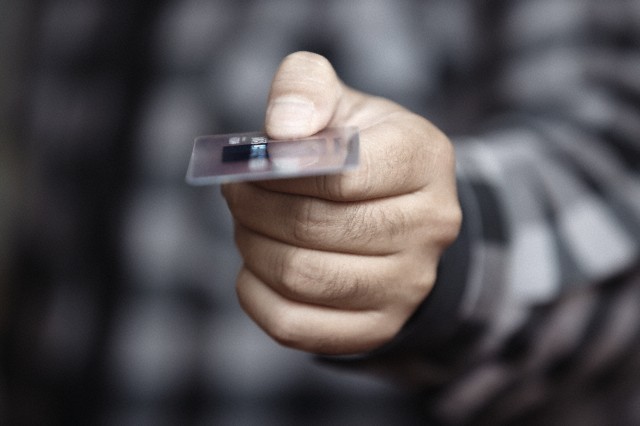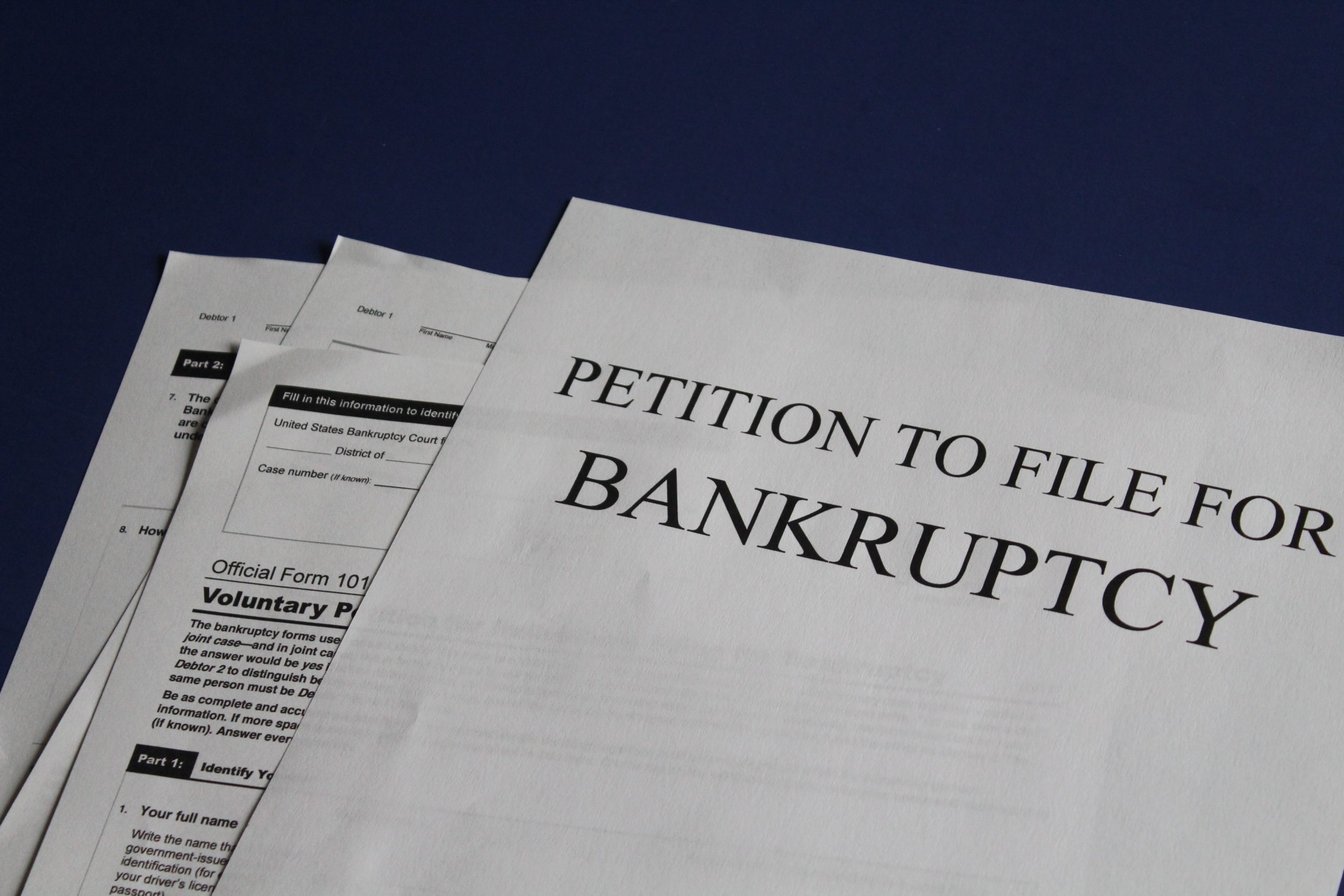Can I Still Get a Credit Card After Bankruptcy in Pennsylvania?
There is a very common misconception that filing a bankruptcy case will create a lifetime ban on obtaining new credit. It’s a question that gets asked all the time, and rightfully so. While the relief of bankruptcy may resolve many issues one is dealing with, such as pending law suits, foreclosure, or bank freezes, it wouldn’t be helpful in the long run if the filer was unable to purchase a home or finance a car in the future. Thankfully, that is not the case.
Our Philadelphia bankruptcy attorneys are here to help you understand how bankruptcy impacts your ability to apply for a credit card – and what you can to do rebuild a good credit score as quickly as possible. If you are filing for bankruptcy in Pennsylvania, call our law offices for a free consultation today at (215) 701-6519.
How to Improve Your Credit Score After Filing for Bankruptcy
Often times, our clients report getting credit card offers in the mail just days after their discharge order is entered. In many cases, people filing for Chapter 7 bankruptcy have a very poor credit history by the time they file their case, as it lists many delinquent accounts or even public records of pending lawsuits. All of that essentially disappears once their case is filed, causing credit card companies to start sending out offers almost immediately. But now that the filers have virtually no credit history, and a bankruptcy filing on their credit report, actually obtaining new credit is more involved than simply responding to your junk mail.
Our first recommendation is that a bankruptcy filer be very cautious in opening new accounts and using credit cards, but at the same time, opening up a new credit line is the best way to start rebuilding your credit after bankruptcy. It is generally recommended that you start by obtaining a small personal loan or secured credit card. Having a small credit line prevents you from getting a large, unaffordable payment, and also provides an opportunity for you to begin making timely payments on a new account and to have that activity reported to the major credit reporting agencies. Over time, your credit history will be rebuilt and even with a bankruptcy on your credit report, you will begin to notice things return to normal in a somewhat short period of time.
Rebuilding Credit After Chapter 7 Bankruptcy
One other way to help rebuild your credit after bankruptcy is to reaffirm your secured debts if filing a Chapter 7 case. This has to be done while your bankruptcy case is active, and not every person who files is allows to do it. But, entering into a reaffirmation agreement for an existing account with a car loan company or mortgage lender in your case will allow the lender to continue reporting your account activity, such as timely payments. This additional agreement essentially treats that account as if you never filed for bankruptcy. That also means that should your financial situation change for the worse after your case, you are obligated to pay the whole balance of the loan, even if the car gets repossessed or the house foreclosed on. Because of this, a person’s ability to reaffirm a debt owed on either a car loan or mortgage is subject to approval by the Bankruptcy court. If a person has income sources that are uncertain, such as family contributions, a judge may not allow that person to fully obligate themselves on a loan in bankruptcy. There may also be a hearing scheduled that the filer would have to attend. If reaffirming a debt doesn’t work out, it is then best to take the steps mentioned above to begin rebuilding your credit after filing for bankruptcy in Pennsylvania.
Buying a House or Car After Bankruptcy in PA
Other than credit cards or personal loans, most clients are worried about being able to get a new car or even purchase a home in the years following their case. One thing to keep in mind is even though you may be approved for a new car loan, you might not be getting a very favorable interest rate on that loan. It is usually easier to get a loan that is secured by some property, such as a car, but the interest rates you may be subject to just after filing your bankruptcy case will often be very high, so it is best to wait a year or two after your case is closed, and use that time to rebuild your credit through other means, such as a secured credit card.
For buying a home, most mortgage lenders will require that a borrower be out of bankruptcy for at least 2 years before they get access to mortgage lending. This is another reason to work on rebuilding your credit right after your case is closed, so by the time you would be eligible for a mortgage loan, your credit history will be reestablished and you will not be subject to extremely high interest rates on any new loans. Consult with a Pennsylvania mortgage foreclosure lawyer at Young, Marr, Mallis & Associates for more information.
With any type of credit, it is best to use it as cautiously and conservatively as possible. There needs to be activity to rebuild it, but don’t let the borrowing spiral out of control. A chapter 7 bankruptcy can only be filed once every 8 years, so you will not have the ability to discharge any new debt you incur for quite some time. There are other rules regarding Chapter 13 bankruptcy and when you would be able to file under that chapter, but most people would often be required to pay a substantial portion, or sometimes all of the new debt they incur if they had to go that route.
Our Philadelphia + Bucks County Bankruptcy Attorneys Can Help You
The general rule of thumb is that after a Chapter 7 case, only try to get a secured credit card and use it conservatively. After some time, and only if it is a necessity, look at financing a car purchase. Then after a couple of years, you should have access to credit just like anyone else, including mortgage lending.
Let the attorneys of Young, Marr, Mallis & Associates help you through this process. We offer a free consultation with an experienced Pennsylvania bankruptcy lawyer about the bankruptcy process in PA and the effects it can have on your life long-term. Call today at (215) 701-6519.





























